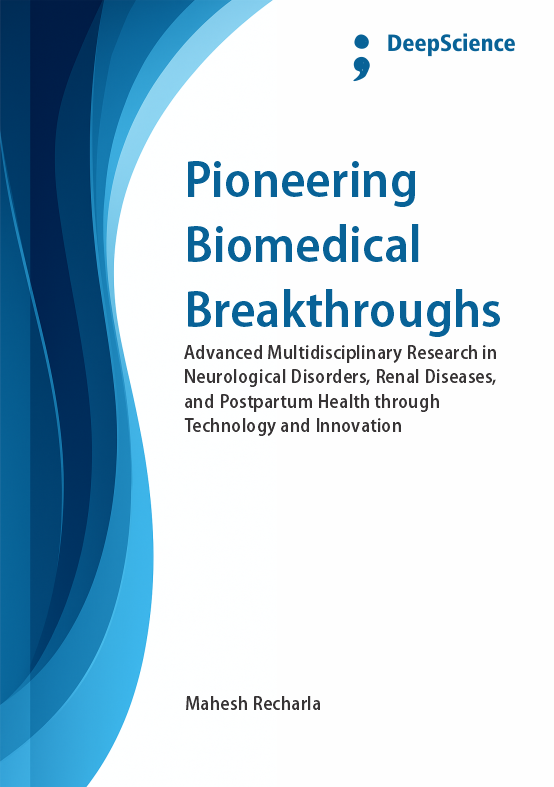Ethical frameworks and regulatory pathways in high-stakes medical research and trials
Synopsis
Research and clinical trials are not always benign. These endeavors can result in significant and irreversible harm to participants, such as organ failure, neurocognitive impairment, and even death. Tragic research decades ago involved participants who suffered severe and permanent effects due to unsafe chemical and drug exposures. Such high-stakes clinical trials are especially troubling when they involve cellular and genetic modifications – and in the past, these interventions have proved one-way, unrecoverable streets. High-stakes medical research includes studies that may cause irreversible medical, psychological, and financial consequences to participants. These negative consequences can arise from particular categories of Phase I clinical trials or involve minimally- or untested cell therapies, gene therapies, genomic enhancements, genetically modified viral vectors, whole-exome sequences without proper protections, germline changes to hereditary risks, implanting electrodes to alter neural circuits, placing microchips for memory and decision-making enhancements, and adding bio-microbricks into organs to enable nonhuman enhancement.












